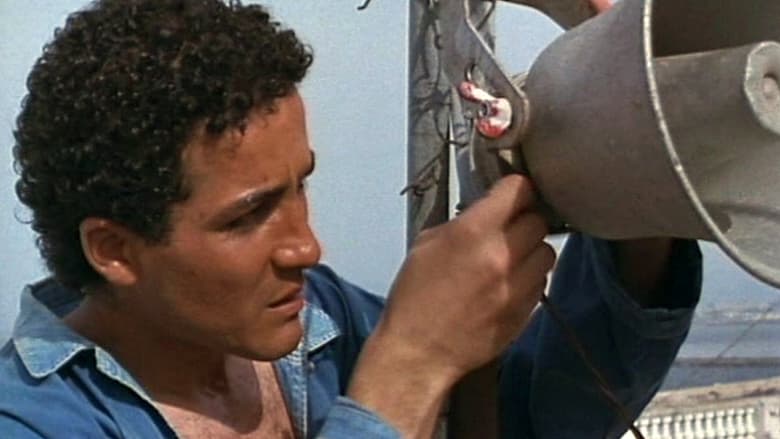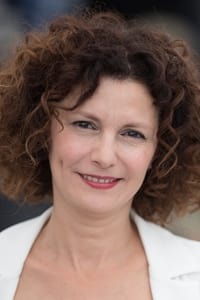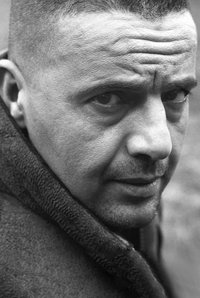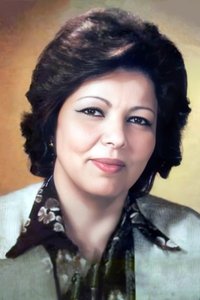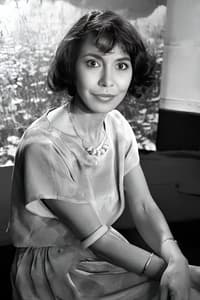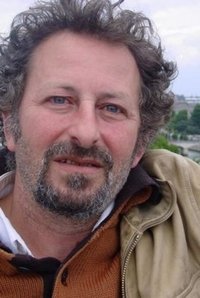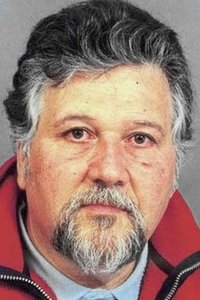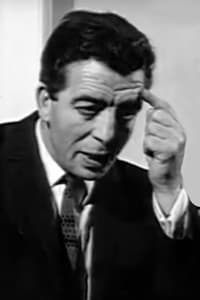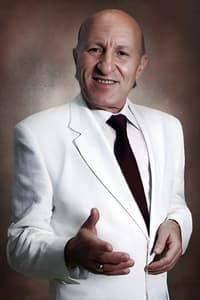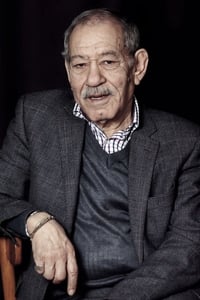Bab El Oued City
Genres
DramaComedy
OverView
Bab El-Oued, a popular district of Algiers, in 1989, a few months after the riots. Boualem works at night in a bakery and steals the loudspeaker that was installed on his roof and was broadcasting the Imam's word... therefore preventing him from sleeping. This blunder is taken as a pretext by the Islamists to put the district under their control...
Others
Budget
$--
Revenue
$--
Status
Released
Original Language
Arabic
Runtime
93 mins
Rating
6/10
Release Date
16 November 1994
Country
Algeria
